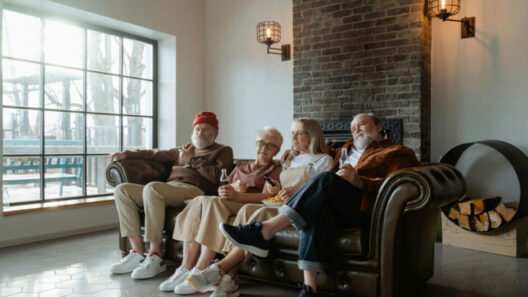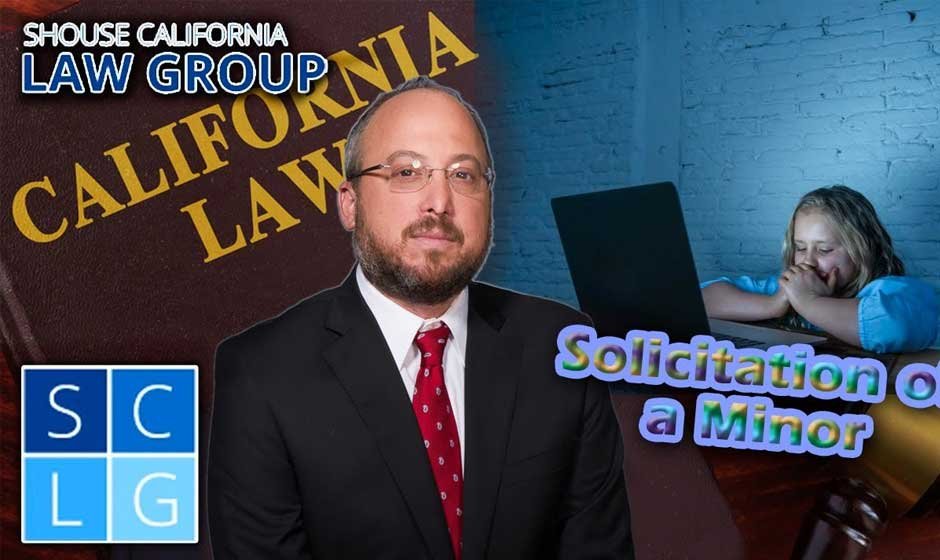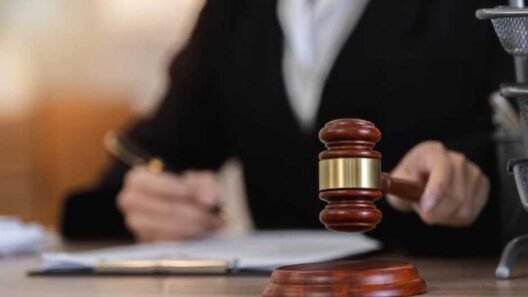When minors become involved in legal matters, the situation is often more complex than it initially appears. Factors such as age, mental development, and influence from peers can all play a role in how events unfold. Legal professionals must consider these elements carefully while ensuring the process remains fair and structured.
A criminal defense lawyer typically focuses on protecting the rights of the minor while guiding their family through the legal steps. Each action taken is shaped by the need for clarity, balance, and respect toward the individual’s age and circumstances. Here are five key areas where legal professionals focus their efforts:
Assessment of Circumstances
Legal professionals begin with a detailed review of the circumstances. They take into account how the events unfolded and any relevant background information about the individual. This review forms the basis of the direction the case may take in court.
Family involvement during the assessment is often encouraged. Parents or guardians may offer useful insights into behaviour patterns and emotional factors. These discussions can contribute to a better understanding of the child’s current position.
Youth Court Representation
Children’s matters are usually heard in a separate court that handles such cases. Legal professionals working in this space understand how to guide a minor through the specific procedures and language used in these hearings. The focus is placed on ensuring the process is handled fairly and respectfully.
Clear explanations are provided to the minor about what to expect. The approach is tailored to reduce confusion and prepare them for how court sessions typically unfold. Support at this stage often helps improve engagement with the process.
Considerations for Each Unique Case
Legal professionals sometimes recommend pathways that consider personal growth and future opportunities. They may discuss options that align with the individual’s age and situation without shifting focus away from legal procedures. These options are evaluated case by case.
Here are some of the structured options that may be considered, depending on the case:
- Participation in local, age-appropriate programmes designed to build responsibility
- Access to counselling services that address emotional or behavioural patterns
- Reinforcement of daily routines that promote stability and discipline
- Continued involvement in education or skills-based training
- Coordination with professionals who support developmental progress
Collaboration With Relevant Support Networks
Connections with support networks are maintained throughout the matter. Legal professionals often work alongside individuals from schools, family services, or other advisory bodies. These contacts contribute different perspectives that may inform decisions.
Collaboration helps maintain communication across all parties. This ensures no step is missed and that the minor continues to receive attention outside the courtroom. Such an approach promotes stronger coordination and structure within the process.
Finding the Right Legal Expert for Juvenile Matters
Choosing a legal expert familiar with youth-related cases is an important step. These matters involve specific procedures that not every practitioner handles regularly. A focused and experienced approach can lead to better preparation and communication.
Many criminal law websites offer clear overviews of the services provided. Families can use this information to identify professionals who understand juvenile matters well. It also helps in setting expectations from the start of the process.
A criminal defense lawyer handles charges involving minors with attention to both the legal process and personal context. They support a pathway that ensures structure, fairness, and understanding of each step. The approach remains clear and adapted to meet the needs of the situation while maintaining respect for everyone involved.













